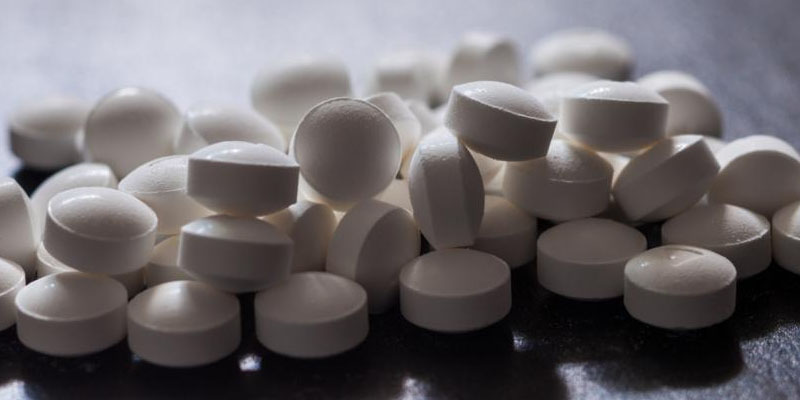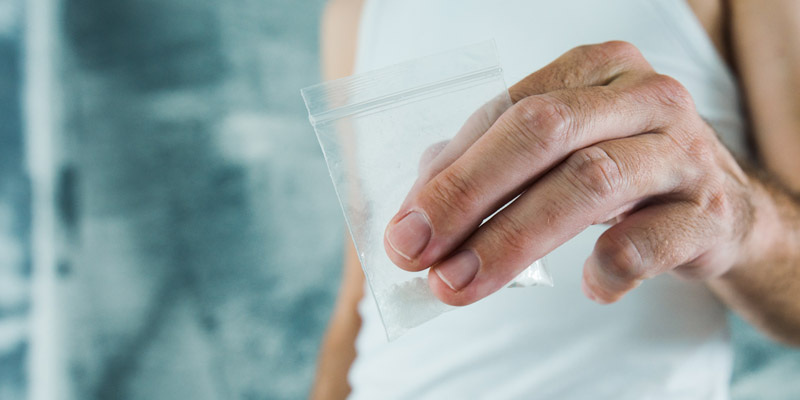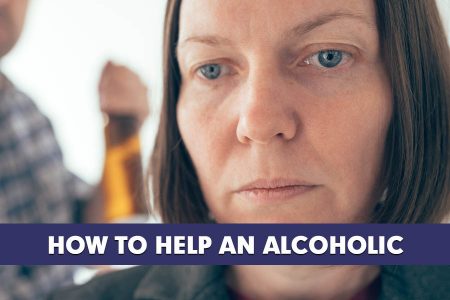Amphetamine - Meth - Addiction Rehabilitation
Amphetamines are a class of synthetics drug that are stimulants to the central nervous system. Legitimate medical uses include the management of ADHD, and narcolepsy.
Despite their legal status, outside of their controlled prescription – this class of drug can also be illicitly abused for their potent stimulant effects that are similar to those of cocaine. Prolonged use leads to addiction.

CALL OUR TOLL FREE HELP LINE NOW 855 885 5805
Amphetamine Abuse, Addiction, and Recovery
Amphetamine abuse is one of Canada’s most pressing challenges. Prescription medications such as Dexedrine and Adderall, as well as illicit substances such as methamphetamine, are highly disruptive and addictive when used recreationally. Learning more about these drugs and their effects on the body will help you recognize the symptoms of addiction and get the right kind of help.
Amphetamine: What Is It?
Amphetamines affect the central nervous system. Usage results in increased brain activity, bringing feelings of focus, confidence, energy, and euphoria. Amphetamine was first made in Germany at the end of the 1800s; however, its stimulant effects weren’t discovered until the 1930s, when it saw use as a treatment for nasal congestion.
As time passed, amphetamine was used to treat a range of conditions, from obesity to hangovers. It was (and still is) used to treat hyperactivity (in young children) as well as narcolepsy, where a person falls asleep suddenly. In rare cases, it is used as a treatment for depression.
Amphetamine Types
Multiple prescription medicines contain amphetamine or its active ingredients, including:
• Adderall
• Dexedrine
• Vyvanse
• Generic medications for ADHD
Dexedrine is derived from dextroamphetamine, one of the two active ingredients. The other ingredient is known as levoamphetamine; of the two, dextroamphetamine is much stronger. Another commonly-used drug that’s similar but much stronger is methamphetamine, an illegal substance with powerful euphoric effects and a high risk of addiction. Additionally, a club drug called ecstasy, MDMA, or Molly is an amphetamine with mind-altering effects.

Abuse of Amphetamines
Amphetamines are abused in various ways. While it’s possible to take it in pill form and attain a mild “high”, most people crush and snort the pills, accelerating the drug’s effects. One of the fastest ways to feel the drug’s effects is to dissolve it in liquid and intravenously inject it. This usage method gets the drugs into the bloodstream immediately, creating a very intense high.
College students sometimes use amphetamine as an off-label study aid. Here, they believe that the focus and high energy from the drug will help them increase their academic performance. However, an article from TIME magazine outlines a study that proved students performed no better while using amphetamines. Despite that, these drugs often make people feel more focused, which increases the potential for abuse.
Signs of Abuse
There are several symptoms of amphetamine overuse and abuse, as shown below.
- Increased blood pressure and heart rate
- Decreased weight loss and appetite
- Digestive issues
- Upset stomach
- Aggression
- Paranoia
- Anxiety
- Mood swings
- An inability to handle personal and professional responsibilities
- Drug-seeking behaviors
- Running out of prescription medicines too soon
- Changes in lifestyle and relationships
- Lack of interest in other activities
In methamphetamine users, skin sores, dental problems, and weight loss are the most visible signs of abuse.
Addiction to Amphetamines
As previously mentioned, amphetamines are extremely addictive. Because of the ways they affect the body, these drugs bring changes in brain behavior. Amphetamines and related compounds substantially alter the pleasure centers in the brain, decreasing a patient’s ability to experience pleasurable sensations in the absence of the drug. Amphetamines’ destructive properties make abusers feel depressed and suicidal when they abstain from the drug. Therefore, cravings are very strong, making it hard to stop the abuse.
The Risks of Amphetamine Abuse
Along with the high risk of addiction, other risks occur with the recreational use of amphetamines. These risks include:
- Increased likelihood of injury during dangerous activities
- Stroke, heart failure, and heart attack
- Malnourishment and weight loss
- Insomnia and other sleep issues
As described before, brain changes are some of the biggest dangers of amphetamine use. Amphetamines destroy the brain’s gray matter and dopamine receptors, forever changing brain function and making it harder to avoid relapse and stop abuse.
The Health Effects of Amphetamine Use
There are numerous other short- and long-term issues linked to the use of amphetamines. These include:
- Hypertension and elevated heart rate
- Raised body temperature
- Tics, muscle spasms, and loss of muscular control
- Lack of sleep
- Diminished appetite
- Fatigue and depression with abstinence
With long-term use, such symptoms are amplified. Hypertension or high blood pressure may damage the heart and surrounding blood vessels, while a high body temperature will damage tissues and organs.
Decreased appetite may lead to disordered eating and malnutrition, which also damage the brain and the rest of the body.
With the usage of methamphetamine, these issues are magnified, leading to dental decay due to insufficient saliva and poor eating habits. Additionally, the usage of methamphetamine or “meth” will cause skin damage due to hallucinations. Users often feel like bugs are crawling on their skin, and they pick at sores which fail to heal.
A Timeline for Withdrawal From Amphetamines
When a person decides to make the first step toward sober living, they should be immensely proud of the decision while understanding the need for patience. With that thought in mind, the team at Canadian Addiction Rehab will ensure that treatments are tailored to you.
It takes time to fully detox from amphetamines and every person is unique, but the thing that matters most is that you’re headed toward recovery. To learn more about the process, we’ll take a quick look at the average timeline for detox from amphetamines.
• Days 1 through 3: The first several days are usually the toughest because the brain is trying to function without amphetamines. During the first days, you will experience exhaustion, restless sleep, dizziness, and headaches. Your brain will crave amphetamines, and you may feel depressed and irritable. In severe cases, patients experience paranoia, but that’s quite rare. It’s crucial to remember that your brain is changing, and patience is a virtue.
• Days four through seven: By now, it’s been about a week without amphetamines, and that’s a notable achievement. Symptoms are likely decreasing, though cravings may persist. The worst part of detox is over, and though you may still feel tired, you’re on the right path. At this point you may be ready to begin rehabilitation programming.
• Days eight through 14: As the end of the second week approaches, you may experience insomnia and nightmares. However, your appetite may return to normal. Though you may still feel moody, it’s from your brain’s efforts to work through the withdrawal process.
• Days 15 through 28: Through the first month of the detox process, some symptoms may linger. At this point, though, the drugs should be out of your system and you have been working hard in programming to deal with the underlying issues of addiction.
It’s vital to consider that this isn’t a preset timeline for amphetamine detox. Rather, it should be viewed as a guide with which you can gain a greater understanding. Specific recovery time may vary by patient, and in the end, it depends on your situation and your brain chemistry. Recovery is not a competitive effort, and you should be enormously proud of yourself for striving toward it.
Using Other Drugs With Amphetamines
Many who use amphetamines also abuse other drugs because of a belief that they enhance the euphoric effects. In particular, marijuana and alcohol are used. In some instances, sedatives like heroin are paired with amphetamines for an augmented effect.
Unfortunately, the use of multiple drugs will complicate the ability to detoxify and recover from abuse. At the Canadian Addiction Rehab, we effectively treat amphetamine addiction as well as the abuse of other drugs.
Call now for support
1 - 855 885 5805
For treatment or support, we’re only a phone call away. Our professionals are available to help around the clock.

Therapies and Treatments for Amphetamine Addiction and Abuse
Treating amphetamine addiction and abuse is difficult because of the brain chemistry changes that occur with continual use. The severe depression and diminishment of pleasure that occur with abstinence are a major obstacle to relapse prevention. However, therapeutic treatments that help patients understand and modify their behaviors based on personal triggers may help them get on the road to recovery. Such therapies include:
- Recreation Programs
- Holistic treatment approaches (inc. Yoga, Meditation)
- Art and Music therapy
- Relapse prevention information
- Life management
- Counselling for individuals, groups, and families
- Nutritional and dietary counselling
- Physical fitness and personal training
- Aftercare treatment solutions
By working with the team at Canadian Addiction Rehab, those struggling with amphetamine addiction and abuse are more likely to progress in recovery and work toward a future without drug use.
The Co-Occurrence of Mental Health Issues
Sometimes, amphetamine addiction is accompanied by mental health disorders. For instance, a patient with an eating disorder may have an amphetamine addiction because one of the drug’s side effects is weight loss. With a dual diagnosis, it’s crucial to treat both conditions.
Treatment and Recovery
Amphetamine abuse and addiction aren’t just destructive behaviors. Like all other addictions, it’s a disease, and those suffering should be treated. When you’re considering amphetamine treatment for yourself and a loved one, think of your options. Among the other services offered at the Canadian Addiction Rehab, you’ll find detox, inpatient and outpatient programs, and aftercare. We’re conveniently located, and we invite you to call to speak to one of our specialists and get on the path to a full recovery.
Learn more
Make an Appointment
Call Now for Support
1 855 885 5805
For treatment or support, we’re only a phone call away. Our professionals are available to help around the clock.
How to Help an Alcoholic
Addiction & Mental Health -...
Addiction & Pregnancy - Cocaine...
Quote








